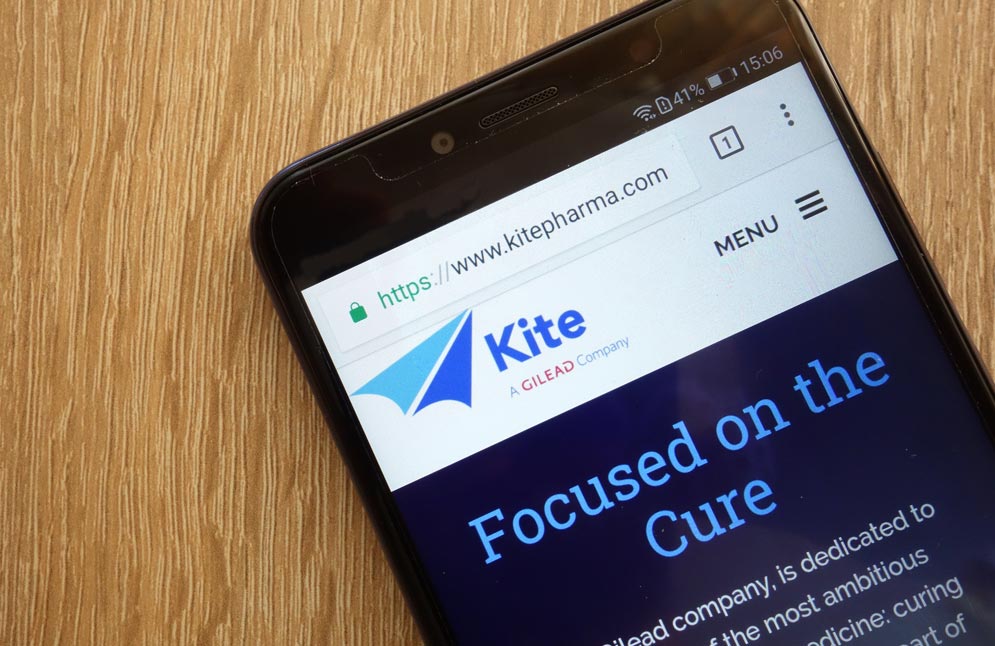Advertisment
FDA approves manufacturing process change resulting in reduced median turnaround time for Yescarta CAR T-cell therapy – Kite/Gilead Sciences

Kite, a Gilead Company announced that the FDA has approved a manufacturing process change resulting in a shorter manufacturing time for Yescarta (axicabtagene ciloleucel). With this approval, Kite’s median turnaround time (TAT) in the U.S. is anticipated to be reduced from 16 days to 14 days.
Median TAT is defined as time from leukapheresis, when a patient’s T cells are collected, to product release; manufacturing is a key step within this process to prepare a patient’s cells for a one-time cell therapy infusion customized for each patient.
“For patients with relapsed or refractory large B-cell lymphoma, every day matters as the patient’s disease can be aggressive and worsen rapidly,” said Cindy Perettie, Executive Vice President, Kite. “Yescarta is the first and only treatment to demonstrate superior overall survival over the standard of care as a second-line treatment with curative intent for these patients, and today’s decision by the FDA allows us to further shorten our delivery time of Yescarta so that patients have the best possible chance of survival.”
CAR T-cell therapies are one-time treatments individually made starting from a patient’s own white blood cells, called T-cells. The cells are removed through leukapheresis and sent to Kite’s specialized manufacturing facilities where they are modified with a Chimeric Antigen Receptor (CAR). Once an individual therapy is created for a patient, the cells are carefully checked, preserved, packed and sent back to the hospital to be infused back into the patient. The CAR T-cell therapy process is a continuous one, from leukapheresis to the delivery of the final product, so the timing and scheduling of this process are critical to the supply. Industry experts agree that shortening the time to Yescarta product release and delivery can allow healthcare providers at Kite Authorized Treatment Centers to better support their patients.





